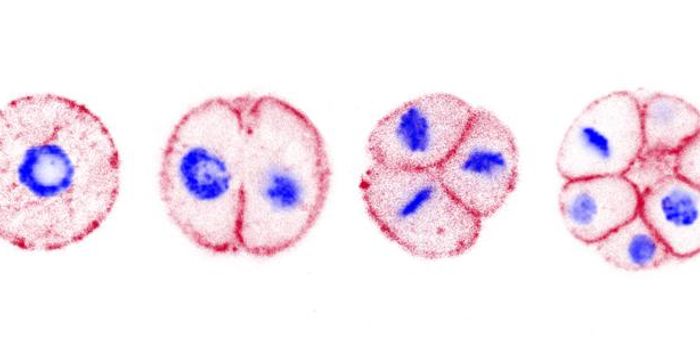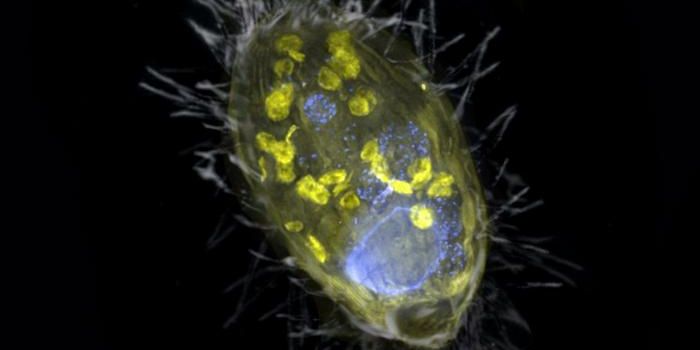An Ancestor of Modern Humans is Given a Proper Name
Scientists are still learning about the origins of our species, Homo sapiens, which is thought to have arisen during what was called the Middle Pleistocene and is now known as the Chibanian period, about 774,000-129,000 years ago. To help clarify this discussion, researchers have proposed that the field stop using some terms and adopt a new one. Reporting in Evolutionary Anthropology News and Reviews, an international team has suggested that a species they call a direct ancestor of humans should be named Homo bodoensis, and the names Homo heidelbergensis and Homo rhodesiensis should be abandoned.
Homo bodoensis lived about half a million years ago, and lived in Africa; the "bodoensis” name comes from a skull that was found in Bodo D’ar, Ethiopia. The study also suggested that Western European fossils given the H. heidelbergensis designation should be reassigned as Homo neanderthalensis.
The H. bodoensis classification may help researchers use common language to develop a better understanding of human evolution. This study noted that some recently discovered fossils have been put into the Homo genus even though they bear little or no relationship to our evolution, like Homo floresiensis, who simply existed at about the same time. The H. heidelbergensis designation was created based on the analysis of a mandible, and was used before modern technology, like DNA analysis, was even created.
Relatives of modern humans, like Neanderthals (Homo neanderthalensis) are also thought to have arisen during the Middle Pleistocene. DNA from human relatives that dates back over 400,000 years has been sequenced, but there is very little genetic information about Homo sapiens from 40,000 to 47,000 years ago, and none from before then. The genetic composition of humans that first colonized Europe is not well understood, and as of now, the oldest known DNA from a modern human is about 45,000 years old.
Everyone with an ancestry from somewhere other than Africa has a genome that is around two to three percent Neanderthal DNA, which has suggested that humans left Africa about 60,000 years ago and interbred with Neanderthals in the Near East about 50,000 years ago or more.
H. bodoensis can now be used to describe humans that lived in the distant past during that Chibanian or Middle Pleistocene period who were from Africa or Southeast Europe, and were our ancestors. This name can be a part of a reclassification of fossils from this time period that have been assigned in sometimes contradictory ways. Fossils from these regions and this time period have typically been called Homo heidelbergensis or Homo rhodesiensis.
But DNA evidence has revealed that some European H. heidelbergensis fossils were actually Neanderthals. Study co-author Xiu-Jie Wu of the Institute of Vertebrate Paleontology and Paleoanthropology in Beijing, suggested that this terminology should also be abandoned when describing fossils from east Asia. Additionally, some African fossils from the Middle Pleistocene have been called H. heidelbergensis or H. rhodesiensis, the latter being a term that was not commonly accepted and is rife with colonial connotations.
“Talking about human evolution during this time period became impossible due to the lack of proper terminology that acknowledges human geographic variation," said study leader Dr. Mirjana Roksandic, a University of Winnipeg palaeoanthropologist. This work can help solve that problem.
Sources: Nature, The University of Winnipeg, Evolutionary Anthropology Issues News and Reviews









